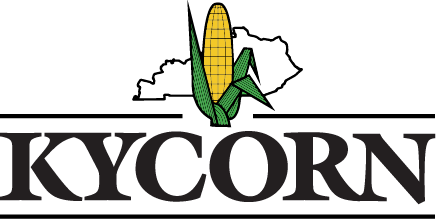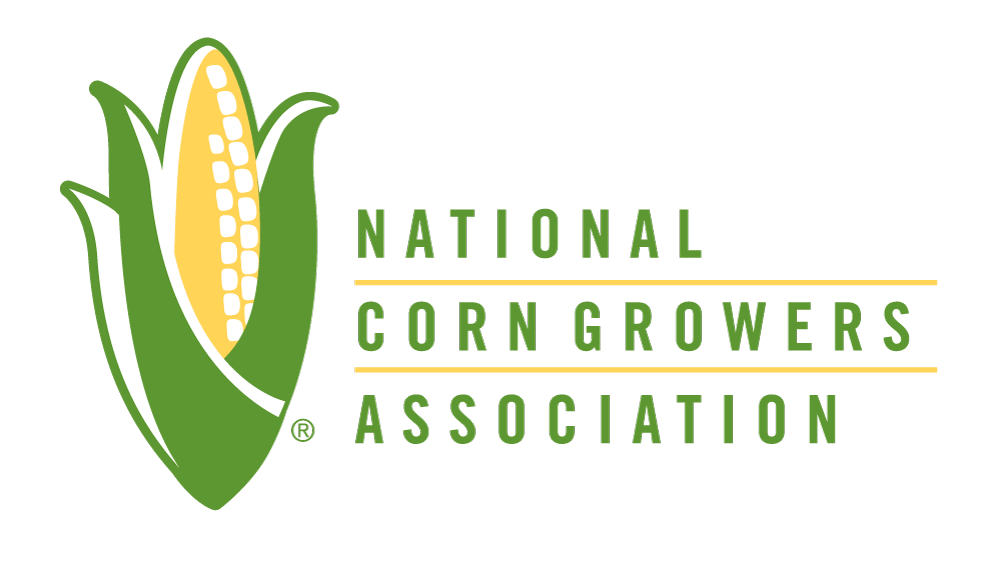St. Louis, Mo. (March 7, 2018) – Economists at Purdue University have analyzed the potential economic implications of a price cap on RINs in conjunction with an E15 RVP waiver. Their analysis finds that a price cap—even when paired with an RVP waiver–would prevent achievement of the objectives of the Renewable Fuel Standard, reduce overall biofuel blending, and halt investment in higher blend infrastructure.
Statement by National Corn Growers Association President Kevin Skunes regarding a new study by Purdue University.
“The new Purdue University analysis continues a drum beat of data that makes it very clear messing with the Renewable Fuel Standard, and specifically manipulating the Renewable Identification Number (RIN) system, is a potential economic disaster for farmers and rural America.
A RIN price cap—even when paired with RVP parity for E15 and higher blends—weakens the RFS and would prevent achievement of the clean air and economic objectives that launched this innovative, renewable fuels program.
Purdue University notes, artificially capping RIN values or otherwise manipulating the RIN system with waiver credits would reduce overall biofuel blending, halt investment in higher ethanol blend infrastructure and drive some domestic ethanol plants out of business. When combined with recent analysis from Center for Agricultural and Rural Development (CARD) at Iowa State University and the Environmental Protection Agency’s (EPA) conclusion that RIN values do not impact refiners, the picture gets crystal clear; there is no logical reason to tinker with this program that is working.
If the real goal is to lower RIN values, Purdue University’s analysis points out that a small increase in the amount of ethanol blended would lower RIN values without all this political maneuvering or adding economic pressure to the farm economy, which is already operating in the red.

